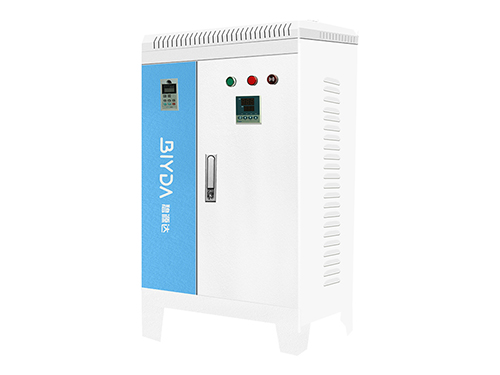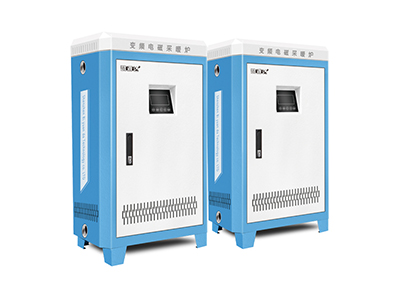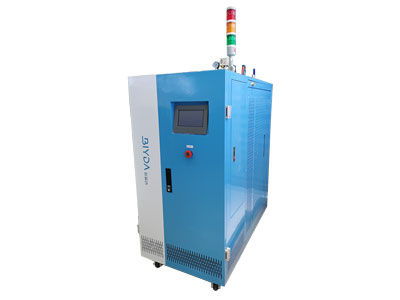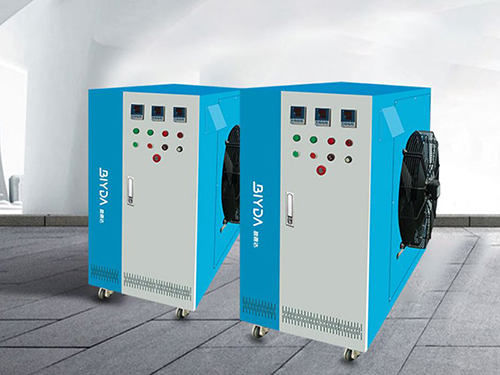In the case of knowing the heating power of existing heating system, selecting an appropriate power according to load rate
- Load rate ≤ 60%, applicable power is 80% of the original power;
- Load rate between 60%-80%, select the original power;
- Load rate > 80%, applicable power is 120% of the original power;
When the heating power of existing heating system is unknown
- For injection molding machine, blown film machine and extrusion machine, the power should be calculated as 3W per cm2 according to the actual surface area of the cylinder (barrel);
- For dry cut pelletizing machine, the power should be calculated as 4W per cm2 according to the actual surface area of the cylinder (barrel);
- For wet cut pelletizing machine, the power should be calculated as 8W per cm2 according to the actual surface area of the cylinder (barrel);
For example: cylinder diameter 160mm, length 1000mm (i.e. 160mm=16cm, 1000mm=100cm)
Cylinder surface area calculation: 16*3.14*100=5024cm²
Calculating as 3W per cm2: 5024*3=15072W, i.e. 15kW
Required parameters of parts to be heated: specific heat capacity, weight, starting temperature and end temperature, heating time;
Calculation formula: specific heat capacity J/(kg*ºC)×temperature differenceºC×weight KG ÷ time S = power W
For example, to heat thermal oil of 1 ton from 20ºC to 200ºC within an hour, the power calculation is as follows:
Specific heat capacity: 2100J/(kg*ºC)
Temperature difference: 200ºC-20ºC=180ºC
Weight: 1ton=1000kg
Time: 1 hour=3600 seconds
i.e. 2100 J/ (kg*ºC)×(200ºC -20 ºC)×1000kg ÷3600s=105000W=105kW
Take paper pulp rotary drum dryer as an example:
To produce 100kg paper each hour, paper moisture content 50%, heating time 120ºC;
100/0.5=200kg, that means to heat 100kg paper from room temperature to 120ºC and 100kg moisture needs to be evaporated, so that induction heating power calculation for rotary drum dryer needs to be divided into two steps.
Step 1: to calculate power used for heating 100kg paper from room temperature to 120ºC
Power calculation: specific heat capacity J/(kg*ºC)×temperature differenceºC×weight KG ÷ time S = power W
Paper specific heat capacity: 2100J/(kg*ºC)
Temperature difference: 120-20=100ºC (room temperature 20ºC)
Paper weight: 100kg
Time: 1 hour=3600 seconds
i.e. 2100J/(kg*ºC)×(120ºC-20ºC)×100kg÷3600s=5833W=6kW
Step 2: to calculate power used for evaporating 100kg moisture from paper
720kW is required for evaporation of 1ton moisture with an hour, i.e. 100kg moisture requires 72kW
The theoretical power is 72+6kW, but load rate has to be considered for calculating the actual power. In general, load rate is calculated by 60%.
So the actual power is (72+6)/0.6=130kW






